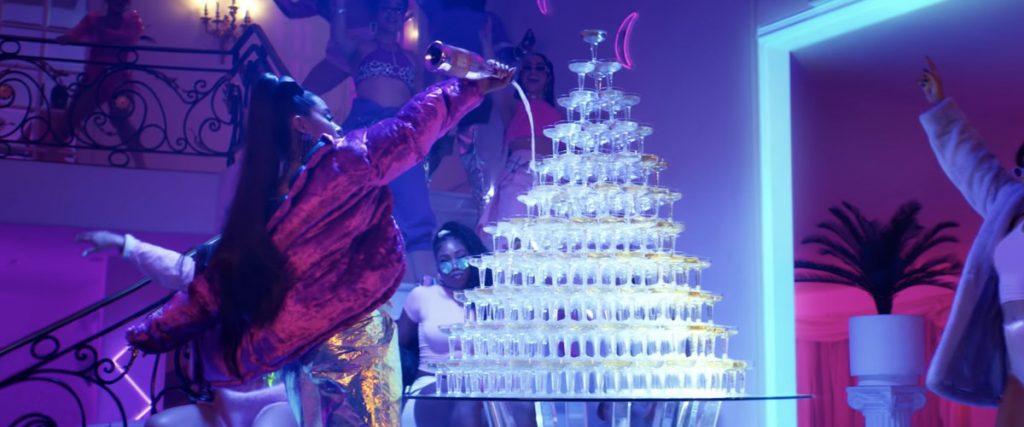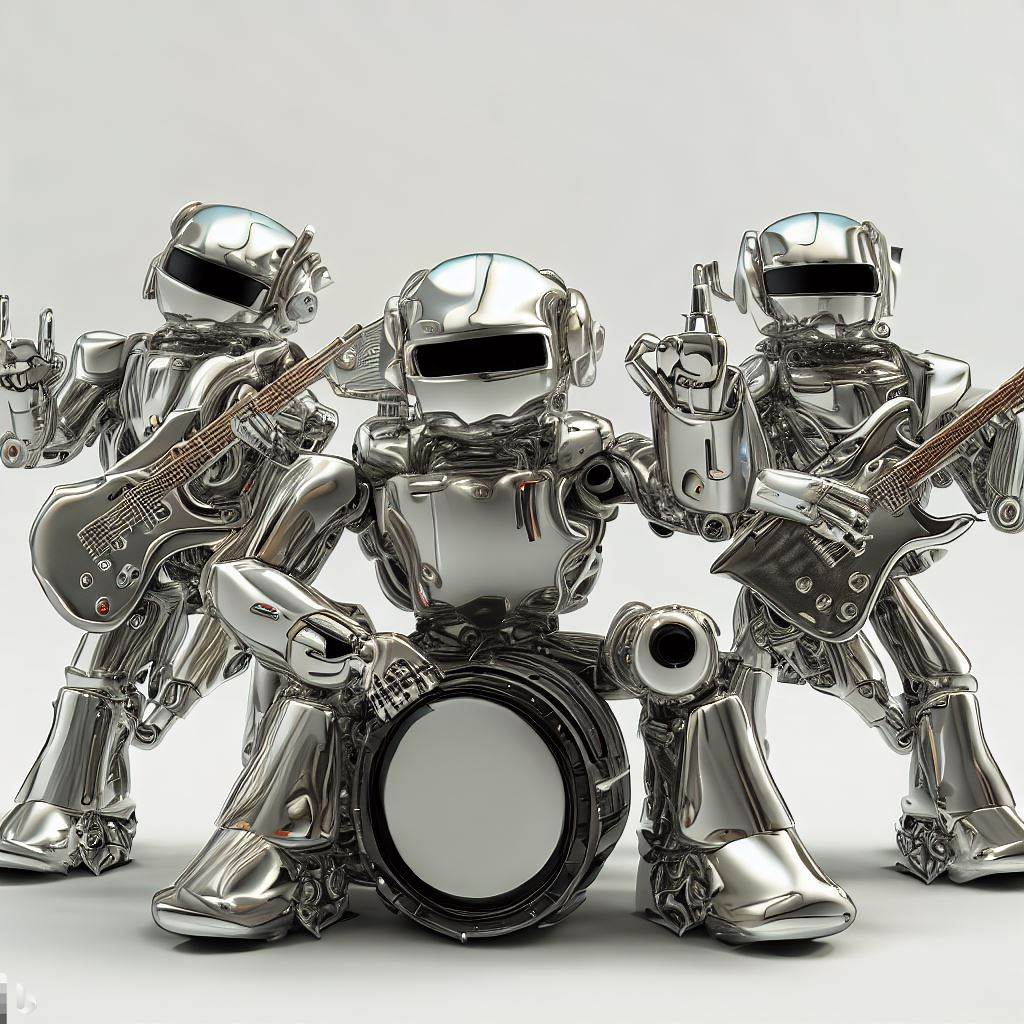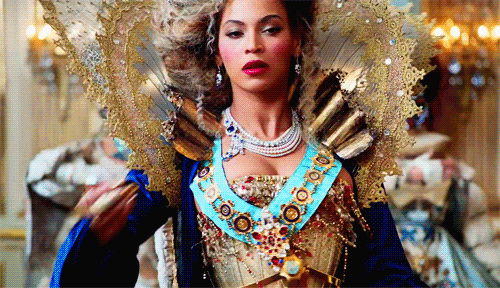As you could read in the blog Lithium Hearts, the themes of urban music have shifted since the mid-2010s to aspects such as superficiality, technology, transhumanism, the mafia, money and empty consumerism. In that blog I am much more rationally strict than here, and I comment almost more as a music populariser/scientist on the way art reflects society’s demands in terms of canons, lifestyles and collective ideology in general..
But morally, is all this going on right?
First of all explain that this is not a rigorous blog, for the first time these are mere opinions and ideas spilled here anyway, but I think they can be thought-provoking at the very least.
But let’s get down to the nitty-gritty: so, what the lyrics, video clips, characters, wardrobe… reflect, is it good or bad? Is urban music in crisis? I think there are a lot of bad things, or rather strange things. And the little “good” that I’ve taken out would also fall into the strange category. Anyway, let’s go by parts:
The downside
1. Superficiality
There are several issues to address here: on the themes of current urban music, my theory is that the songs actually reflect a fantasy expectation of empty abundance that corresponds to today’s society, but beyond that, more and more music reflects the life of celebrity and urban music artists, except in some trap tracks that create a fantasy of neighbourhood gangsters who are loaded by drug dealing or dirty business.
But the examples we saw in the Lithium Hearts blog seem like autobiographical themes, and ordinary people don’t really share that life full of money and superficiality; we do tend to fake it on social media, but these are just fantasies, our lives are usually more humble. However, we empathise very well with the idea of modern superficiality (I include myself in that bag and in a way it worries me).

2. Abundance and money
Personally, I believe that I am not the one to interfere in anyone’s life and neither in theirway of life; everyone has the right to live as they wish, but… is this abundance of money a way of filling sentimental voids?
Nowadays singleness is almost understood as an aspiration for economic and professional prosperity. The problem is that the focus is not on professional success but on empty abundance and consumerism for the sake of consumption. We are back to the same thing: which came first, the chicken or the egg?
Many people today aspire to professional success and high incomes. The question is: do these people achieve professional success and avoid the idea of marriage and/or family, or do they resort to empty consumerism due to the lack of affective needs resulting from not creating a family or having a romantic partner?
And yes, I’m being reductionist: it’s clear that not all economically prosperous people spend on Iphones or Gucci clothes, nor are they single, but the character in the songs reflects a philosophy that many people carry out nowadays, especially artists. The only thing that grates on me is the empty consumerism and its possible relation with affective deficiencies that derive from current life models.

3. Music, message and education
Another important question is whether art educates. For a child listening to trap, is it good to associate greed and money for dirty business with something feasible or even positive? Are they able to differentiate fact from fiction?
This is a more complex issue; I personally believe that a child does not have the capacity to fully understand what is right and what is wrong; they still have a huge process of sorting out their various realities ahead of them, but it is the responsibility of their legal guardians and later themselves to understand what is right and wrong in life.
And, on the other hand, I don’t think life makes it difficult for you to understand that these things are not the right way to go. I think we overprotect children by covering them with a pomp of false security that can actually harm them emotionally in adulthood.
4. Sexual exhibitionism: good or bad?
What I see wrong with sexual exhibitionism in urban music videos is that it creates a certain image of excess, of gluttony, of excessive intensity where it doesn’t have to be that way..
Good things? It’s not that I see positives here, I just see it as logical; I see it as helping to market a music product and it’s logical to use it.
Does it create a sexualised image for the public and especially for children? Does it encourage the objectification of women? Frankly I think not, and I come back to the issue of legal guardians and then the responsibility of each person. A child cannot take anything for granted because he still has his whole head to sort out; the sexualised image of a woman is not going to become entrenched in his worldview, because in childhood everything is still to be defined, so it is mobile and not static.
In fact, I consider adulthood to be much more dangerous, because that is where there are misguided thoughts and they may already be entrenched. I would like to take this opportunity to comment that these last aspects are developed from beginning to end in the blog Hypersexualisation and singers.
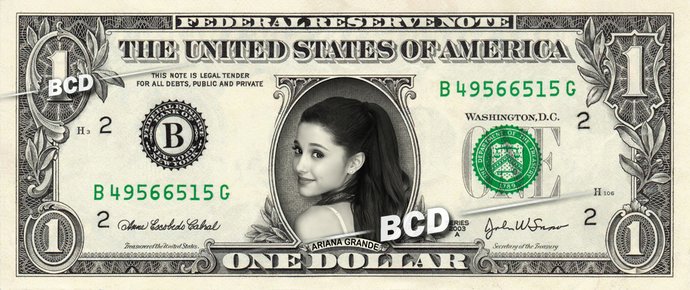
The upside
1. Philosophy of abandonment
One of the things I really like about this philosophy is the renunciation of oneself. I don’t know if it’s the way I interpret it, but in today’s urban music artists I see people who abandoned themselves a long time ago, and I don’t mean that as a sad thing, but in the sense that by abandoning themselves they avoid suffering..
All world-famous singers (especially those who began their careers early in life) have had a career filled with bullying and superficiality, and I imagine it is very hard emotionally..
I think that in this sense the best weapon they have found is to move from themselves to their character so as not to succumb to ego. And they show off and exhibit themselves excessively, as if sending a message along the lines of “life is meaningless, let’s forget about self-shame and a thousand prides that end in delusions; let’s exhibit ourselves as a mere wimp”.
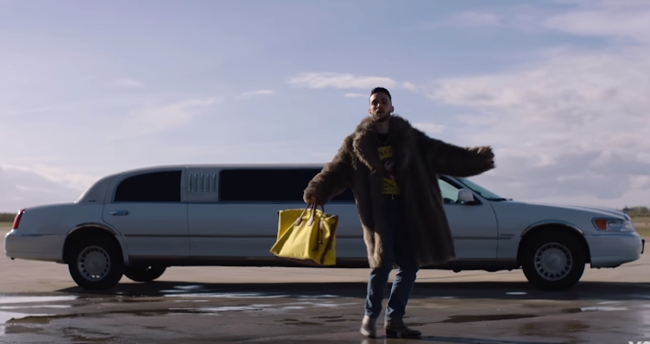
And more specifically, I think that rag-pickers don’t care about their social image. Most of them look like neighbourhood kinkies (in the sense of negative prejudice). However, not all of them are, and they know that they do. In fact, they know that there are people who could define them with words much worse than the concept we have of kinky, but they don’t care. They have abandoned themselves and created a persona that sells. They accept fame and greed by reducing them to absurdity.
And why do I see this as a good thing? Quite simply, I think it’s a kind of philosophy of forced personal deconstruction that they engage in when they build their character, and it’s possible that they use it (some of them, of course) as a method to avoid being mentally and psychologically blocked by all the excesses of fame.
Anyway, that’s all for today, I hope you enjoyed the blog. I leave you here other similar ones, and remember that you can buy a rap, trap, dembow, pop, r&b, dembow, reggaeton… instrumental! A la carte.
